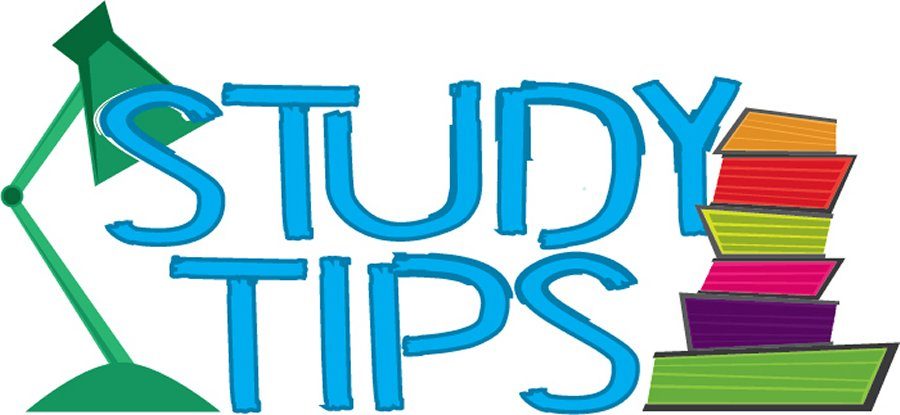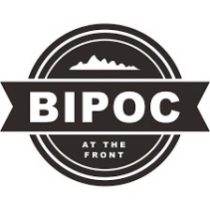Mid-Year Study Tips
With the stress of midyear exams approaching, everyone is scrambling to organize all of our papers from September until now. Most of the student body will be sitting for six or seven exams during the penultimate week of January. Each exam will last about 90 minutes and cover all the information we have been taught since the first day of school. We are constantly hearing and asking the question, “What will be on the midyear exam?”. There is a bit of confusion as to the purpose of these exams that count for very little of our grade, but nonetheless, we do have to take them. So in this article we would like to offer our NDA student body some helpful study tips.
Figure out who you like to study with
Some like to study with their friends. Especially in a class you may not understand as well, asking your friends for help can be useful. However, if you think you’ll get distracted studying with friends, it may be best to study alone or with just one classmate. The pros of studying with others is that you can not only gain new ideas and perspectives, but you can also share your own and help your peers. The pros of studying alone is that you can focus more directly on what you know, but don’t be afraid to ask for help.
For subjects with a lot of vocabulary and hard facts, use flash cards
Some may find flash cards hard to take care of because they can easily get lost, and they’re tiresome to write. Especially, if you want to write all of the vocabulary from the beginning of the year, you may think you’re wasting your time. Instead of actual flash cards, you can use everyone’s favorite memorization website, Quizlet. If you’ve had vocab quizzes in the past, redo them. Even simply writing definitions on a paper can help.
If you are studying vocabulary in any subject, but particularly helpful in English or History, try to come up with your own definition. If you have your own meaning for a term, you are more likely to remember it.
For more logic-based subjects, re-do practice problems
I know that if you hate subjects like math and science, doing more problems will feel like a horrible idea. Subjects like math and science are very applicative. Simply looking at your old tests won’t do much because the numbers won’t be the same. If you don’t want to do extra problems, try coming up with your own method of solving the problem. For example, using a certain equation, however, everyone knows that there’s going to be a few questions on that exam that won’t fit the process. So doing some practice problems is one of the best methods of studying.
Look over past tests and worksheets
A classic but useful study strategy. Often, midyear exams will be a similar format to past tests. The midyear exam only lasts 90 minutes, so teachers aren’t going to test you on every date and term. Past tests already focus on important topics, so rechecking them could be an efficient way for you to review important topics.
For AP Classes, look at sample questions from past AP exams
The College Board website often has a section for each AP Exam. There you can find PDFs of past AP Exams and the answers. Often teachers may pull these questions and place them on their test. If they don’t, then they very likely will write their questions in the AP style. Practicing with these questions not only helps you for the midyear but also starts preparing you for the AP exam in May. Since we’re only halfway through the year, you’re not going to be able to answer every question, so pick and choose those that pertain to the topics you’ve covered.
Of course there are many other study tips and tricks, and everyone learns and studies differently. These are simply a few that have been most helpful to me over the past years. I wish you all the best of luck on your midyear exams. Study strong!













